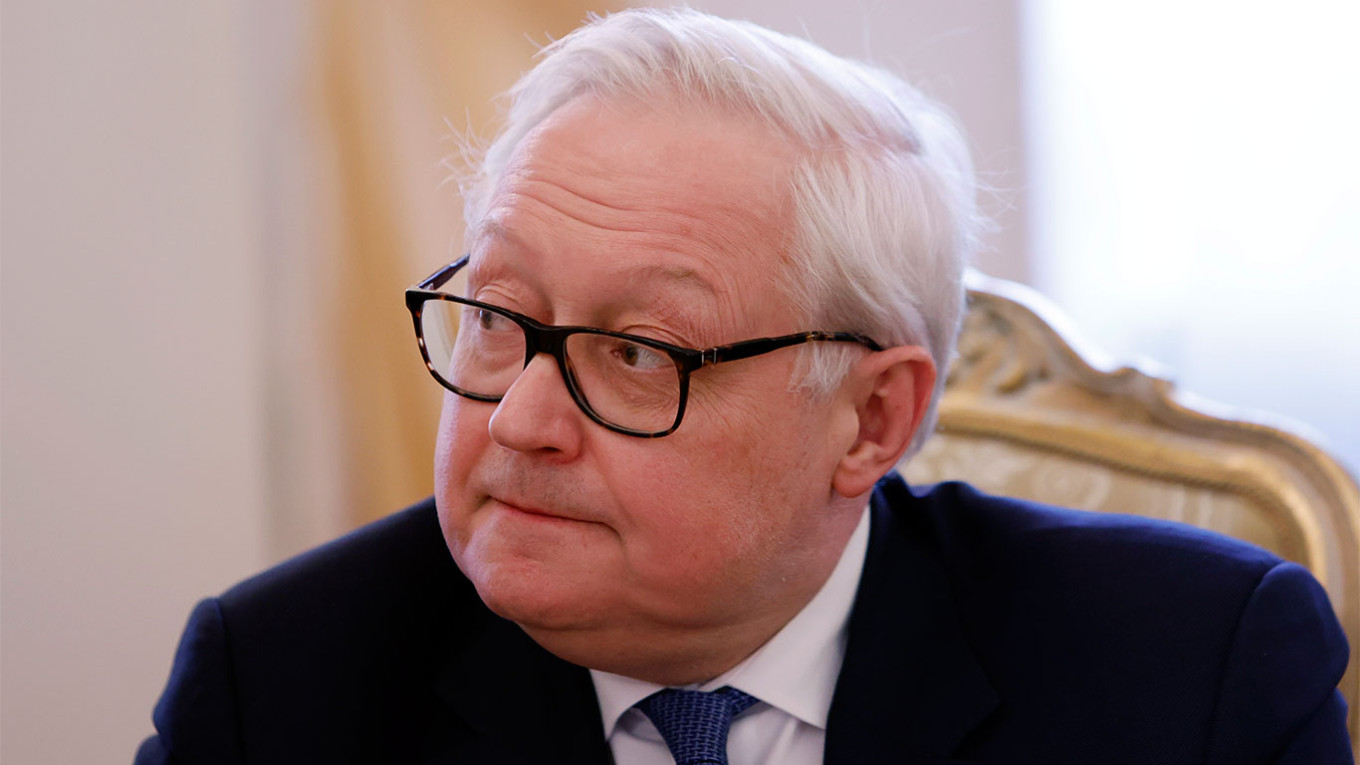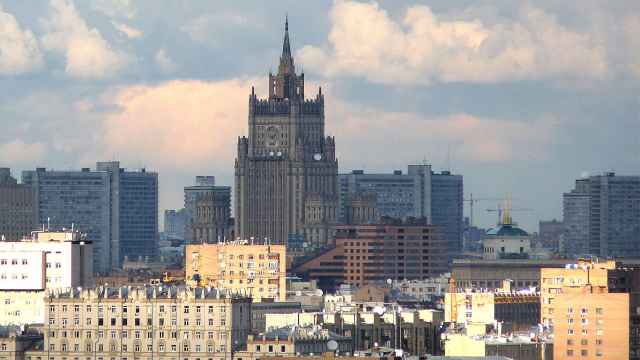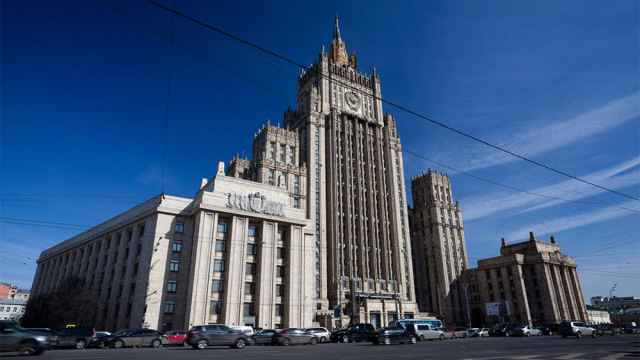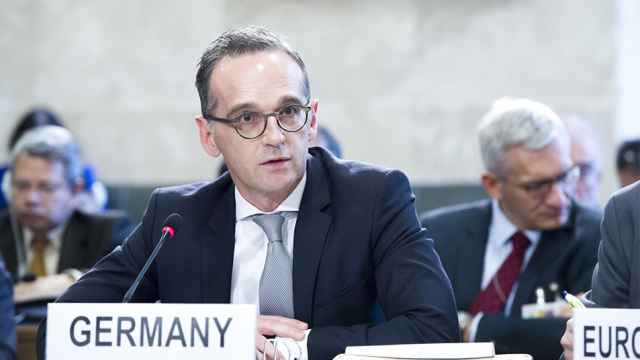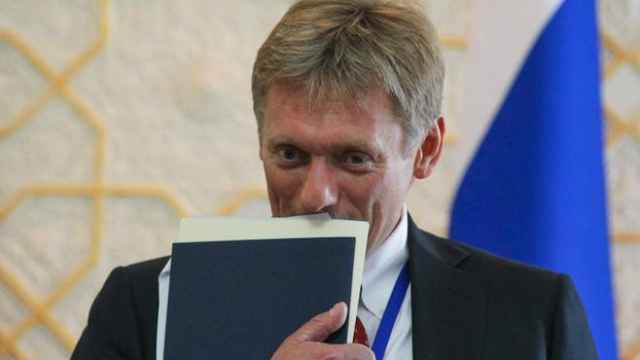Russia may make a new deployment of nuclear weapons in response to U.S. plans to station missiles in Germany, Russia’s Deputy Foreign Minister Sergei Ryabkov said Thursday.
“I’m not ruling out any options,” Ryabkov was quoted as saying by the state-run Interfax news agency.
“Considering the combined capabilities of NATO member countries, we must calibrate our responses without any internal checks in terms of what, where and when to deploy,” he added, describing Moscow’s preference for the “widest possible optionality.”
The White House announced during a NATO summit last week that it would periodically station long-range weapons including Tomahawk cruise missiles in Germany starting in 2026 to act as a deterrent.
Moscow criticized the move, accusing Washington of taking a step toward a new Cold War.
The Kremlin warned over the weekend that the deployment of American missiles in Germany could make European capitals targets for Russian missiles.
Responding to the Kremlin's warning, a U.S. State Department spokesperson said the United States and NATO “do not seek a military conflict with Russia... but any military action directed against a NATO Ally would trigger an overwhelming response.”
German Defense Minister Boris Pistorius later said the planned U.S. weapons deployment was in itself a response to Russia’s Iskander short-range ballistic missiles stationed in the western Kaliningrad region, which is wedged between NATO members Poland and Lithuania and cut off from the rest of Russia.
Ryabkov said Moscow would take “compensatory measures in a way we consider the most acceptable if German officials justify their escalation under the pretext that we have something in this region.”
“Kaliningrad is no exception in terms of our absolute determination to do everything necessary to cast aside those who may be harboring aggressive intentions and who are trying to provoke us into certain steps that are undesirable for anyone and fraught with further complications,” he warned.
The arms deployment would mark a return of U.S. cruise missiles to Germany after a 20-year absence. The U.S. deployment of Pershing ballistic missiles in West Germany during the height of the Cold War in the 1980s prompted widespread demonstrations, with hundreds of thousands coming out in protest.
Washington continued stationing missiles through the reunification of Germany and into the 1990s. But following the end of the Cold War, the United States significantly reduced the number of missiles stationed in Europe as the threat from Moscow receded.
Now NATO countries — spearheaded by the United States — have been bolstering their defenses in Europe following Russia’s full-scale invasion of Ukraine.
AFP contributed reporting.
A Message from The Moscow Times:
Dear readers,
We are facing unprecedented challenges. Russia's Prosecutor General's Office has designated The Moscow Times as an "undesirable" organization, criminalizing our work and putting our staff at risk of prosecution. This follows our earlier unjust labeling as a "foreign agent."
These actions are direct attempts to silence independent journalism in Russia. The authorities claim our work "discredits the decisions of the Russian leadership." We see things differently: we strive to provide accurate, unbiased reporting on Russia.
We, the journalists of The Moscow Times, refuse to be silenced. But to continue our work, we need your help.
Your support, no matter how small, makes a world of difference. If you can, please support us monthly starting from just $2. It's quick to set up, and every contribution makes a significant impact.
By supporting The Moscow Times, you're defending open, independent journalism in the face of repression. Thank you for standing with us.
Remind me later.


